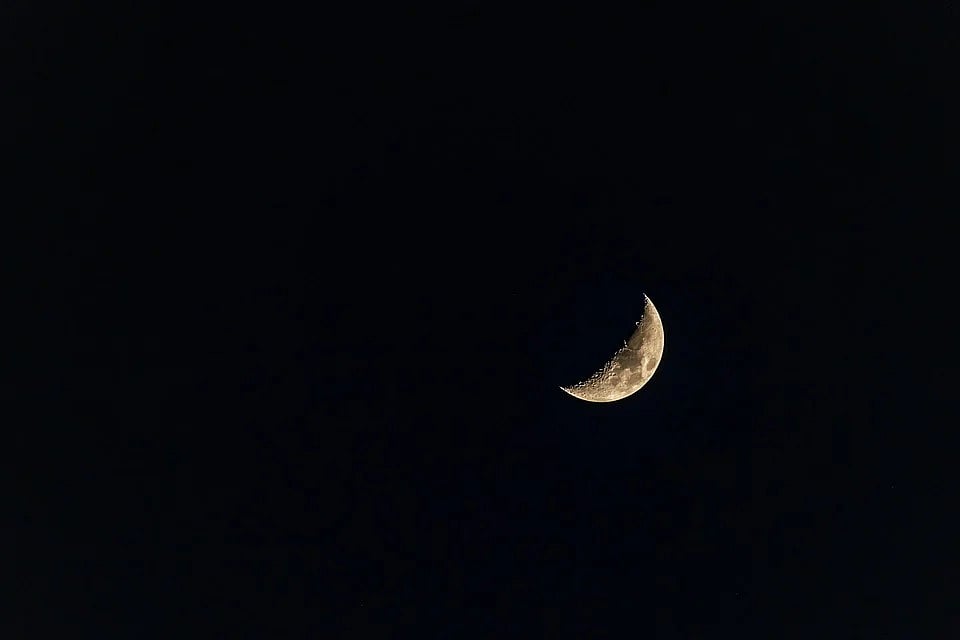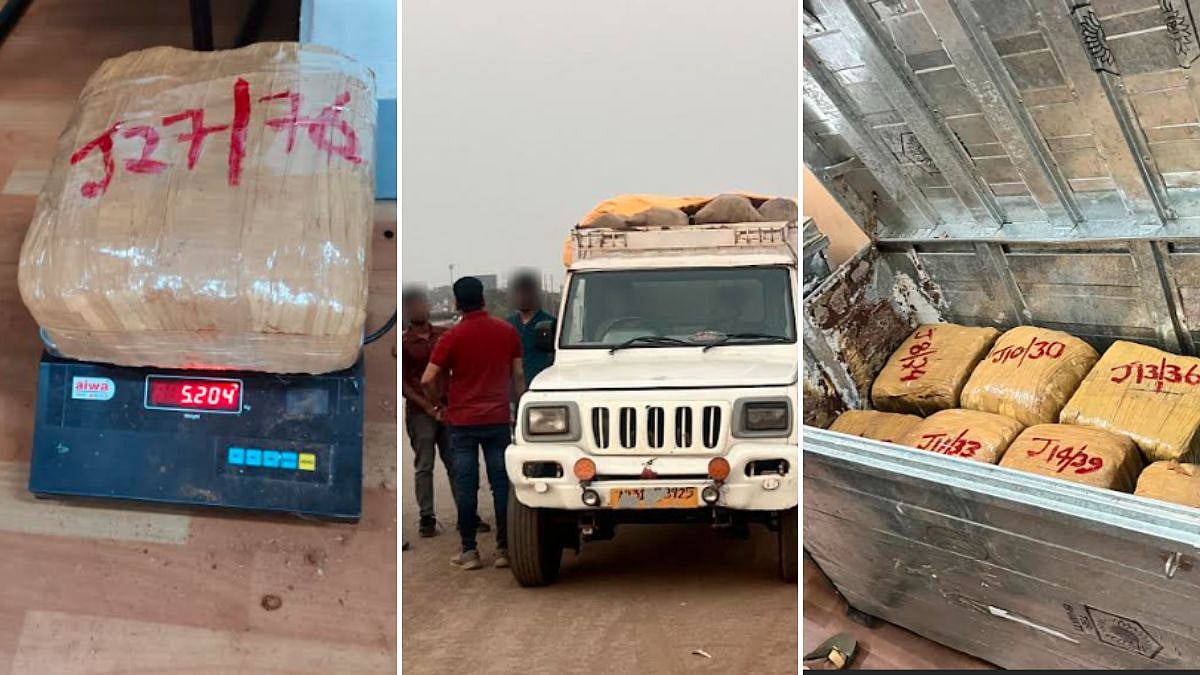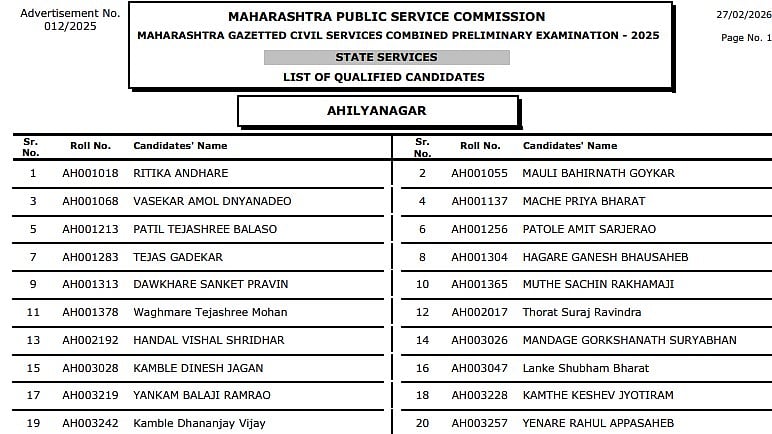One hopes not, but it could be the shape of things to come. The redeeming feature is that Muslims are not alone in objecting to the Madhya Pradesh government invoking the National Security Act to book three men for cow slaughter. Several Hindus, apparently even including a Bharatiya Janata Party member, feel the action was inappropriate. Otherwise, there might have been some danger of the absurdity of 172 million Muslims pitted against 1.2 billion Hindus over 191 million cattle.
That sounds as farcical as a Congress government under the pragmatic and secular Kamal Nath seemingly taking a stand that would have been more suitable for his BJP predecessor, Shivraj Singh Chouhan, or the same party’s chief minister of Uttar Pradesh, Adityanath. Mr Nath has tried to make amends since then, declaring after a high-level meeting on the Cow Shelter Bill that his government would “not spare anybody involved in mob lynching or instigating violence in the name of cow protection.” Such a public commitment is necessary in light of several reported incidents of cow vigilantes attacking trucks transporting cattle.
No matter what their motive, these vigilantes must be put down with a firm hand to save the peace from the peril of communal polarisation. Whether a state government can effectively stave off that danger is a moot point, given the Centre’s bias and its encouragement of the popular mood at the lowest level. The roughs and toughs recruited as cow vigilantes must be drawn from the dregs of society. The purpose of their organized effort is not to protect the sacred cow but to corner and browbeat Muslims.
The names of the three accused — Shakeel, Nadeem and Azam — on whom the NSA has been slapped are a giveaway. They are charged with killing a cow at Khandwa, and, predictably, the state unit of the BJP welcomed the move. But the Bhopal Central MLA, Arif Masood — another telltale name — says that the Khandwa district collector, Vishesh Garhpale (again, the name is revealing), who invoked the NSA, did not give the three accused a chance to explain their side of the story.
In any case, the NSA, which sanctions 12 months’ custody for anyone suspected of endangering national security, is hardly the right measure when a specific law to deal with cow-related offences already exists. The cow may be sacred to Hindus but its treatment compares with the treatment India metes out to children who are said to be the beloved offspring of Bharat Mata.
It was not for nothing that the Supreme Court recently admonished the Bihar government for providing incomplete details about the status of children’s shelter homes in the state and ordered the transfer of the Muzaffarpur shelter home sexual assault case from Patna to Delhi. The scandal involves more than 30 girls, some as young as seven, who were drugged and raped over a prolonged period. Among the accused are the shelter home’s politically-connected owner and his staff. Animals are similarly ill-treated.
In Chhattisgarh, 200 cows reportedly starved to death in August 2017 in a shelter run by a BJP leader. In December that year, 58 cows died in 28 days at a shelter in Madhya Pradesh. Some 500 cows starved to death in 2017at a cattle shelter run by the Rajasthan government when they were trapped in a neck-deep slurry of dung and fodder. The shelter’s 266 contract workers were all on strike at the time. Between January and July 2018, 8,000 cows died of disease and injuries in Rajasthan’s Hingonia gaushala.
Many such reported abuses suggest that while most Hindus may shrink from consuming beef or veal, their veneration for the animal is only another piece of hypocrisy like the myth that Indians are committed to ahimsa. The cattle problem is becoming unmanageable while politicians posture. According to a 2017 report, the number of milk-producing exotic or cross-bred cattle in Uttar Pradesh alone doubled from around 6.5 lakh in 2012-13 to 13.03 lakh in 2016-17.
This includes only cows capable of rearing calves and does not account for old and young cows, or bulls of all ages that would have been counted in the livestock census. With increasing mechanisation of agriculture, bulls are no longer economically productive and so are the first to be abandoned, adding to the more than 5 million stray cattle on the loose.
Even assuming the number of such animals has not increased since 2012, only 1,821 shelters across India are registered with the Animal Welfare Board, although the Federation of Indian Animal Protection Organisations claims an estimated 5,000 exist. Most shelters are poorly run and are often lethal to cattle. The Federation says they are unhygienic, have no access to veterinary care, little government funding, and no trained staff.
With no markets for slaughter, no exports and no shelters, cattle roam free or die slowly from consuming plastic. Goa, which has not banned cow slaughter, launched a Stray Cattle Management Scheme in 2013 under the BJP’s Manohar Parrikar. But by all accounts, the project is desperately short of funds. That also applies to the cattle management guidelines for dairies that Mr Adityanath’s government in UP, as well as six other state governments, issued in November 2017.
People wonder where Mr Adityanath will find the more than Rs 600 crore he has promised for cattle protection and welfare and restoration and building of cattle shelters. For that matter, can the Centre afford the Rs 750 crores Mr Piyush Goyal’s budget promised the Rahstriya Gokul Mission? Several states have imposed cesses and levies to pay for the upkeep of cows.
In October 2014, Rajasthan became the only state to establish a cow ministry but the first and only cow minister, Otaram Devasi, lost in the 2018 election, despite his promise to establish a 220-hectare cattle sanctuary in Bikaner district which would be home to 10,000 cattle and would welcome tourists. Meanwhile, farmers complain it costs Rs 20,000 per bigha to fence land to keep out stray cattle.
As has been widely reported, some farmers lock up unwanted cattle in empty school buildings. It’s a strange way of treating creatures that are supposedly holy and worshipped. While the controversy over invoking the NSA for alleged cow slaughter rages, another suspicion rears its head. It is not ruled out that like Rahul Gandhi’s newly-discovered penchant for temple-hopping, Mr Nath, too, may be trying to steal some of the BJP’s thunder by indulging in a form of soft Hindtuva that might appeal to a certain kind of voter.
His announcement of a “cow cess” on luxury cars to pay for gaushalas in every village could be a politically-inspired genuflection to majority sentiment. That would be the cruellest joke of all.
Sunanda K Datta-Ray is the author of several books and a regular media columnist.




